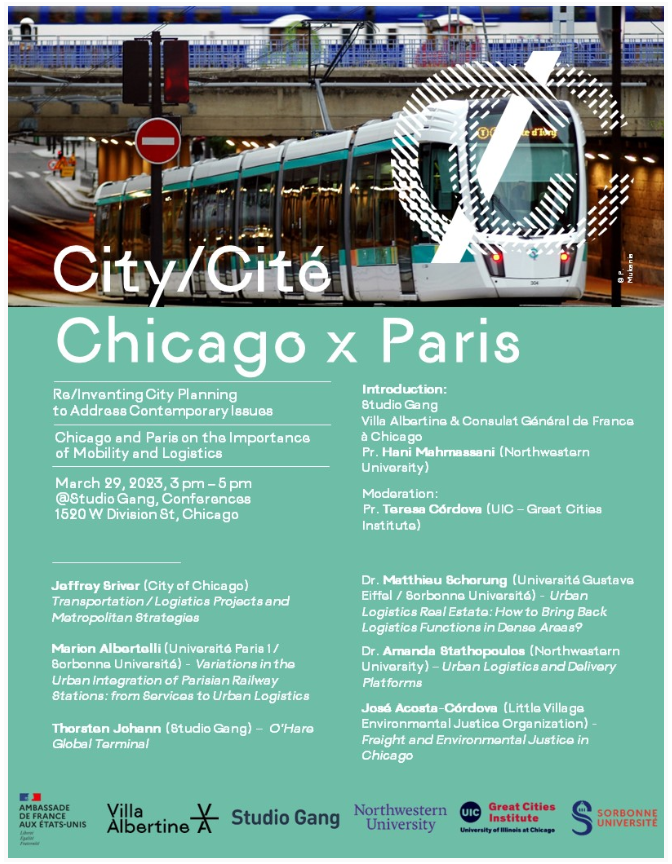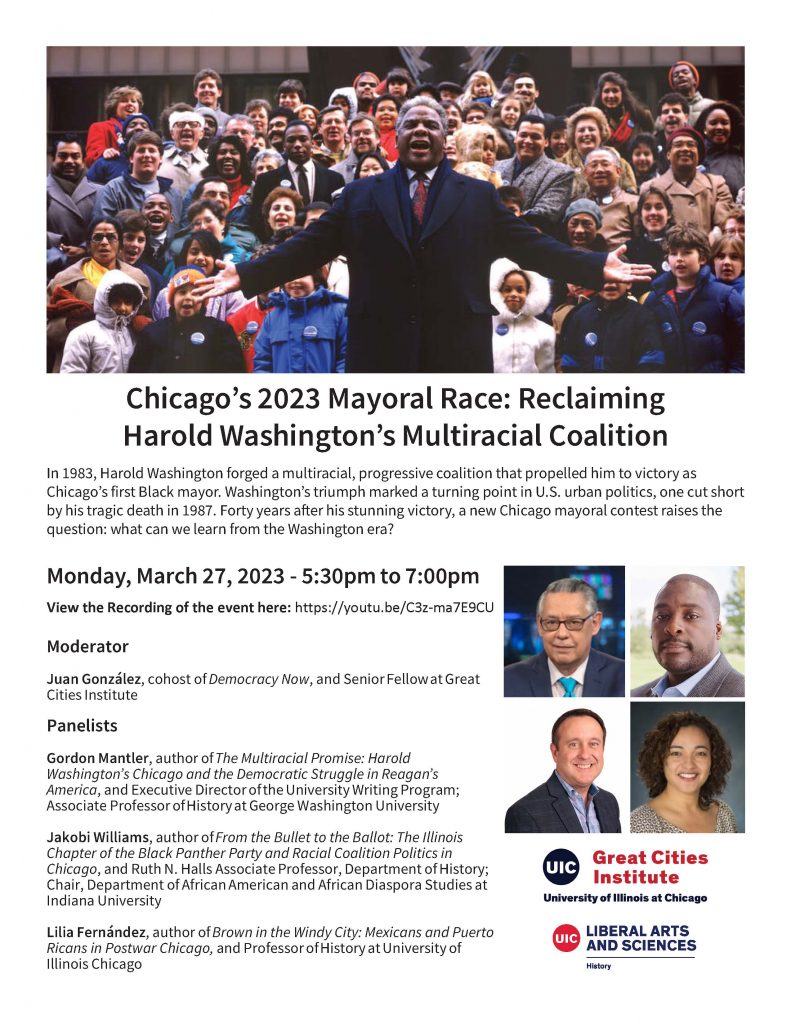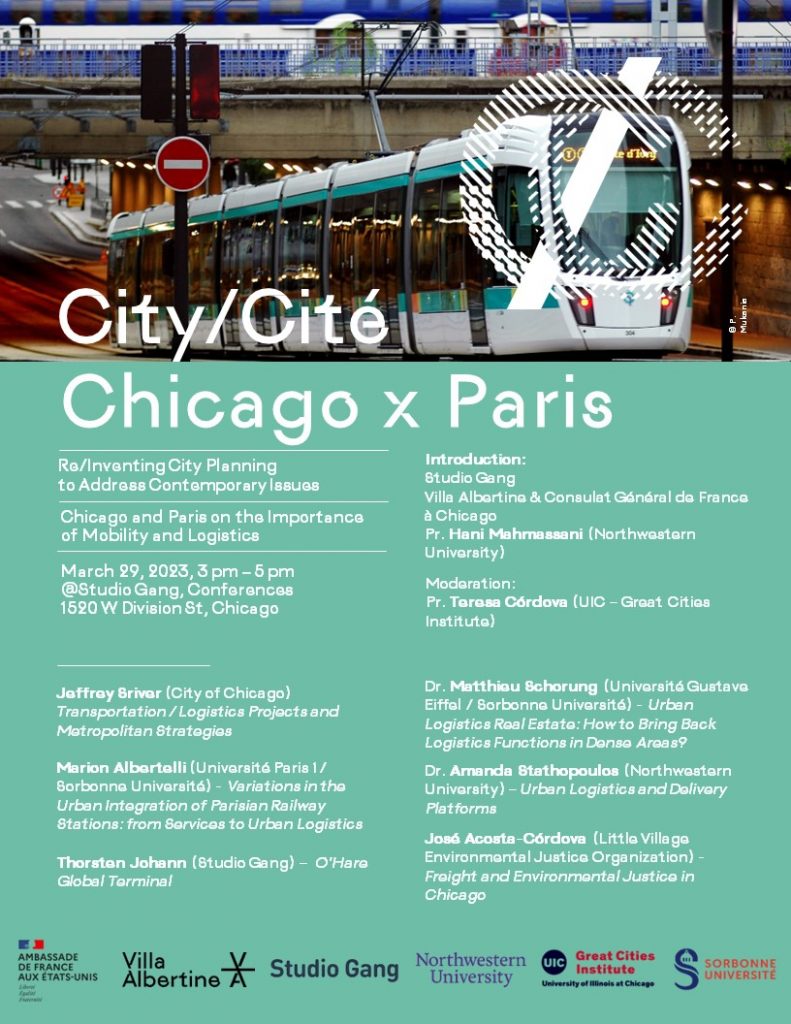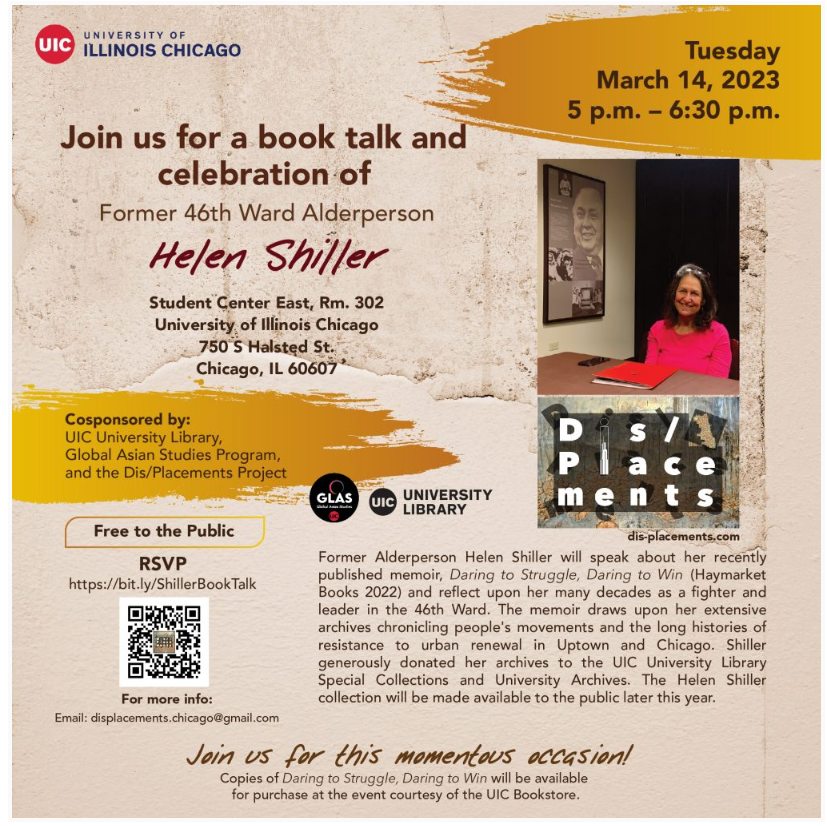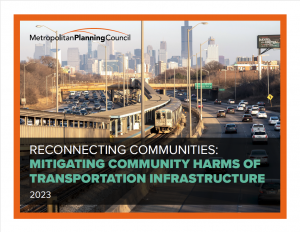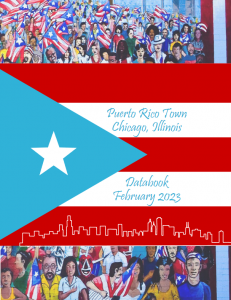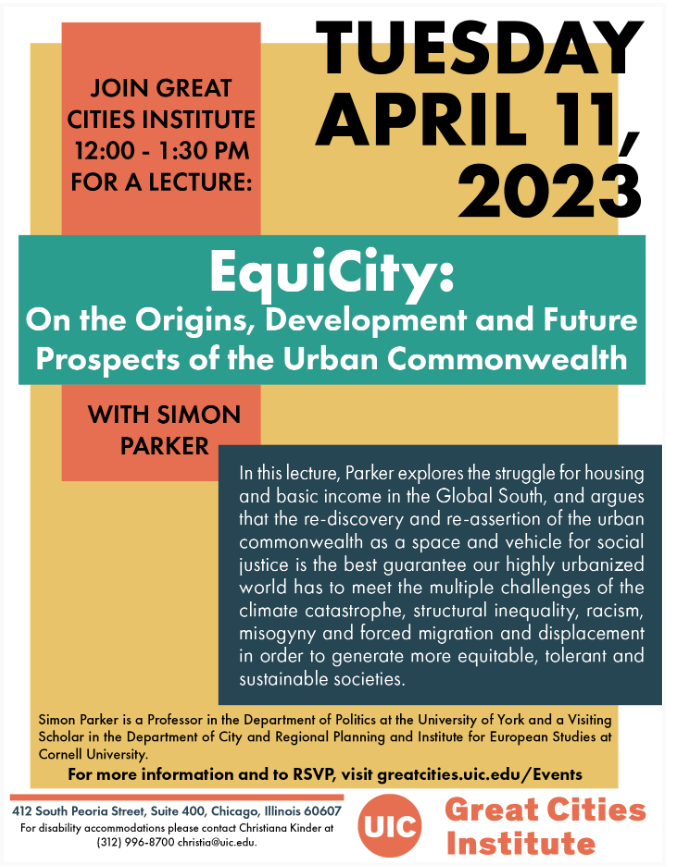
Event Description
Please join Great Cities Institute for a lecture with Simon Park on Tuesday April 11, 2023 from 12:00 PM – 1:00 PM.
In this lecture, Parker explores the struggle for housing and basic income in the Global South, and argues that the re-discovery and re-assertion of the urban commonwealth as a space and vehicle for social justice is the best guarantee our highly urbanized world has to meet the multiple challenges of the climate catastrophe, structural inequality, racism, misogyny and forced migration and displacement in order to generate more equitable, tolerant and sustainable societies.
Simon Parker is a Professor in the Department of Politics at the University of York and a Visiting Scholar in the Department of City and Regional Planning and Institute for European Studies at Cornell University.
For disability accommodations please contact Christiana Kinder at (312) 996-8700 christia@uic.edu.
